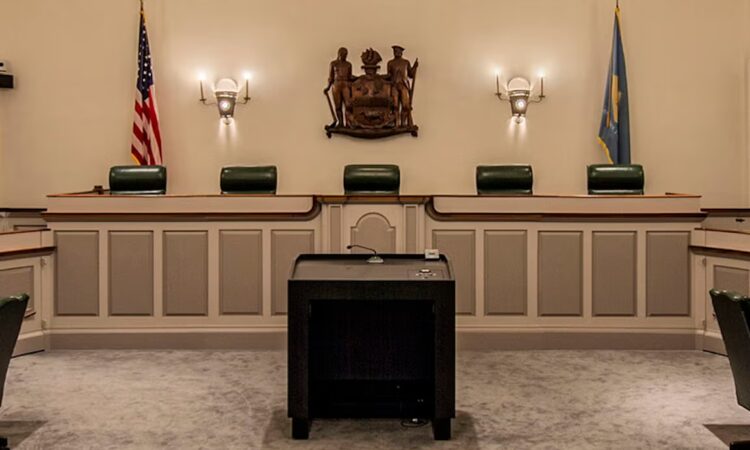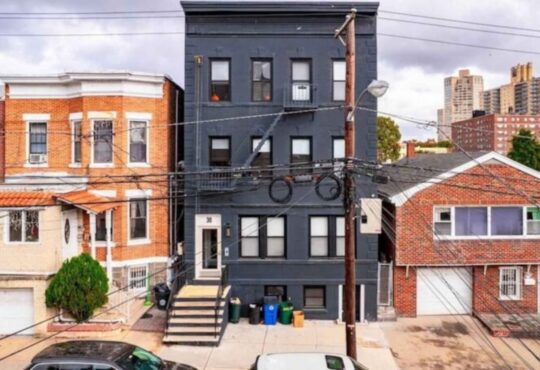
What are journalists missing from the state of Delaware? What would you most like WHYY News to cover? Let us know.
New Castle County tax bills are set to go out later this month, but months of legal fights are leaving property owners in the dark about what they will ultimately pay.
The county, the state of Delaware and six school districts faced off again in court Monday against apartment trade organizations and mobile home operators who are challenging the legality of a new law that allows school districts to set higher 2025-2026 tax rates for commercial properties.
The trade groups sued in Chancery Court in September, challenging the constitutionality of the law, House Bill 242, which Gov. Matt Meyer signed after an August special session on property tax relief.
Recent once-in-40-year property assessments shifted much of the tax burden to homeowners, especially in New Castle County. According to county officials, average residential assessments rose 477%, while nonresidential assessments went up by an average of 233%.
“HB 242 is literal midnight legislation, enacted to stem a public outcry over the county’s first general reassessment of property values in 40 years,” the plaintiffs wrote in their legal filings.
But Delaware Court of Chancery Vice Chancellor Lori Will rejected the trade groups’ case on Oct. 30 after an all-day trial.
The plaintiffs have appealed that decision to the state Supreme Court, which heard arguments on an expedited basis.
Plaintiffs make 2 arguments to Supreme Court judges
The landlords distilled the arguments they made in the Chancery Court trial from six to two for Supreme Court Chief Justice Collins Seitz and Justices Abigail M. LeGrow and Christopher Griffiths. The trade associations said the law — and the way the county is implementing it — is unconstitutional because it violates the uniformity clause of the state constitution and flouts the legislation’s revenue neutral requirement.
“The basic principle here is that tax burden should be borne equally by value, not piled on or shirked for political gain,” Mary Schnoor, the plaintiffs’ attorney, said. “And again, this is particularly important in the context of property taxes.”
The newly enacted HB 242 legislation, sponsored by state Rep. Kim Williams, mandated that the total amount of revenue projected to be collected through splitting the rates may not exceed the total amount of revenue the district was projected to collect from the original bills the county issued in July.
Plaintiffs argue the county’s mass reclassification of properties will give the six New Castle County school districts a $4 million windfall. The county revealed in October that it had discovered thousands of properties were misclassified. It planned to reclassify more than 1,300 properties, shifting at least $885 million in assessed value from residential to commercial. The county officials did not inform the public before admitting to the errors in legal filings.
According to documents filed by the plaintiffs, the additional revenue would benefit Appoquinimink School District the most, collecting nearly $1.7 million above what it would have received without the county’s misclassification errors. At the other end of the spectrum, New Castle County Vocational Technical School District would get approximately $200,200.






